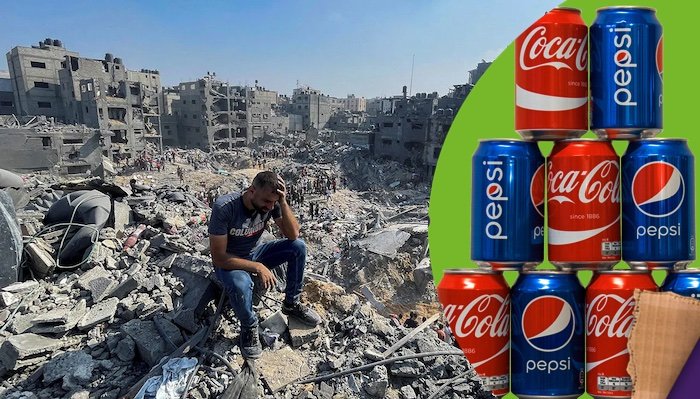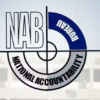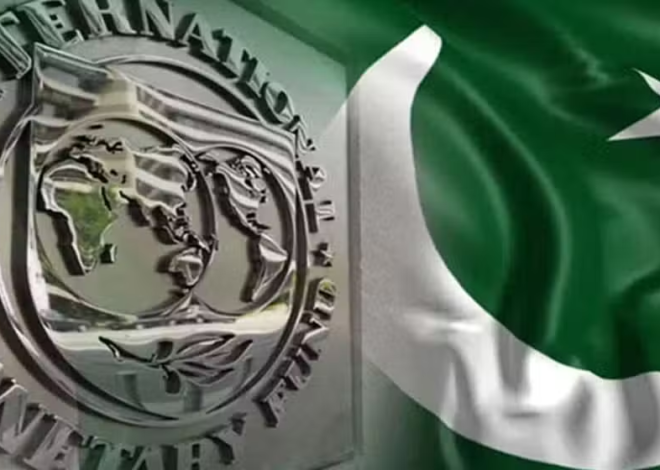
Coca-Cola Faces Market Share Decline Amid Boycotts
Coca-Cola, one of the world’s most recognized beverage brands, is facing mounting challenges in Pakistan and Turkey, where its market share has fallen due to widespread boycott campaigns linked to the Israel-Gaza conflict. The campaigns, fueled by calls to shun Western brands perceived as aligned with Israel, have triggered a noticeable shift in consumer preferences.
Market Share Drops in Key Regions
Recent data highlights the impact of these campaigns on Coca-Cola’s sales performance. In Pakistan, the company’s market share has slipped from 47% to 43%, while in Turkey the decline is even sharper, with figures dropping from 59% to 54%.
These markets have historically been strongholds for Coca-Cola, making the downturn particularly significant. The figures also underscore how consumer sentiment, when tied to political and humanitarian issues, can directly influence corporate performance.
Local Competitors Step Into the Spotlight
As Coca-Cola grapples with the fallout, local competitors have been quick to capitalize on shifting consumer loyalties. In Pakistan, Cola Next has emerged as a rising challenger, gaining visibility and market traction. Similarly, in Bangladesh, Mojo has seen increased support, reflecting a broader regional trend of consumers turning toward homegrown alternatives.
Analysts suggest that these local brands are benefiting not just from the boycott but also from a sense of national pride and solidarity, offering consumers an opportunity to align their purchases with personal values.
Consumer Behavior Reflects Political Tensions
The decline in Coca-Cola’s market share highlights the power of consumer activism in shaping corporate outcomes. With the Israel-Gaza conflict continuing to dominate regional discourse, purchasing decisions have become a form of protest for many.
In countries like Pakistan and Turkey, where public sentiment strongly favors the Palestinian cause, international brands associated with Western markets face heightened scrutiny. This has created an environment where even everyday products like soft drinks are tied to larger geopolitical narratives.
Analysts See Potential for Recovery
Despite the immediate setback, market analysts believe Coca-Cola’s global brand strength and extensive distribution network position it for eventual recovery once regional tensions ease. The company’s longstanding reputation, marketing reach, and deep-rooted consumer familiarity may help it regain lost ground over time.
However, the longer boycott campaigns persist, the more entrenched consumer habits may become, potentially strengthening local competitors in the long run. The current landscape illustrates how external factors beyond traditional business considerations can reshape market dynamics, particularly in politically sensitive regions.







